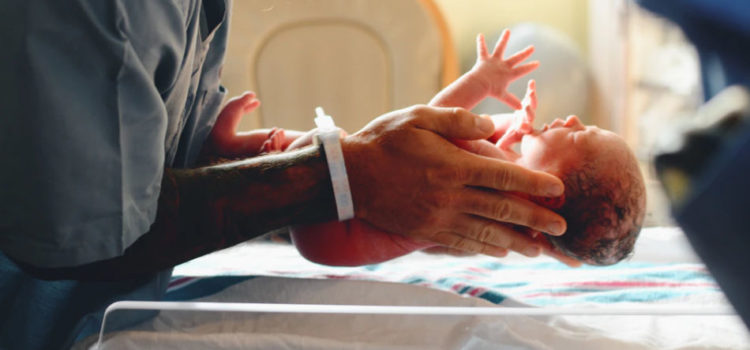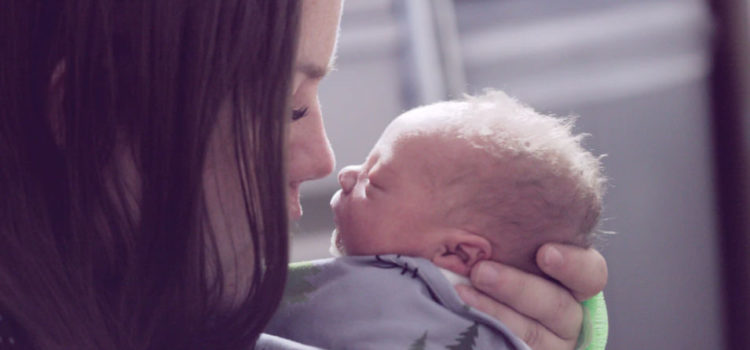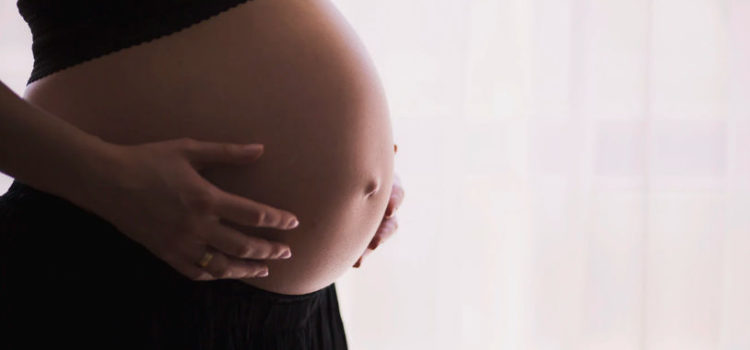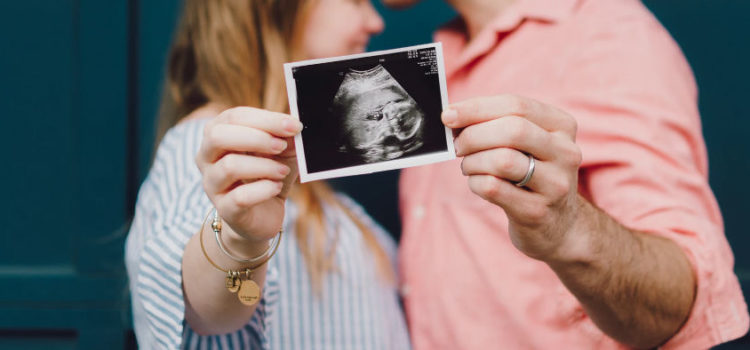Congratulations! You’ve gone through labor, and the baby’s out! After giving birth, there are just 4 more things to know about to keep your baby healthy and free of issues.
What Happens After Giving Birth? 4 Recommendations


Congratulations! You’ve gone through labor, and the baby’s out! After giving birth, there are just 4 more things to know about to keep your baby healthy and free of issues.

<1% of women in the US have a home birth. If you’re high risk (breech, twins, gestational diabetes), you’ll probably need a hospital birth, as it’ll be hard to find a midwife to attend a risky birth. But if you can have a home birth, should you have one? Learn the advantages and disadvantages of home birth here.

Birth plans are short documents that describe what you want to happen during your birth and what treatments you’re willing to accept in which situations. OBs and nurses have a slight aversion to them because they may signal some inflexibility to do what they think is best in critical situations. But Oster argues it’s far better to think about hard decisions and articulate your preferences beforehand than to come up with them on the fly. Here are the elements of Emily Oster’s birth plan:

Pregnant women are commonly recommended to avoid a long list of foods – raw eggs, raw fish, cheeses, deli meats, to name a few. The general fear is that food illnesses can bear a risk to the fetus. Are these real threats and foods you avoid when pregnant? Or are these overblown? Emily Oster argues that many food illnesses are actually no riskier than when you’re not pregnant. But two forms are, and are worth avoiding. Foods Commonly Avoided that are Actually Fine Typical food poisoning is caused by Salmonella, E.coli, and Campylobacter. These pathogens cause diarrhea, nausea, and vomiting,

Which fish are best for you to eat during pregnancy? In Expecting Better, Emily Oster covers the best fish while pregnant, from best to worst.

How easy is it to get pregnant at age 30? Age 35? Age 40 or 45? We’ve got the data here on your chances of conception at each age, along with charts showing the data. Contrary to what you learned in high school health class, it’s not that easy to get pregnant. Female fertility peaks in your teens, then decreases gradually from then on, until falling off a cliff around age 45.

Nausea is very common in pregnancy – 90% of women report nausea, and >50% report vomiting. The important thing concerning nausea is to know when you have an unusually high level of nausea, and when to seek help.

The medications you take while pregnant can affect your baby’s health. The baby is exposed to most drugs the mother takes, except for large molecules (e.g. heparin) and drugs that get stuck in the placenta (e.g. buprenorphine). So what medicine can pregnant women take, and what should they avoid? Learn the five categories of safety here.

If you’re overweight, what are the issues with getting pregnant? How can it cause issues with complications in pregnancy, and in your baby’s future outcome? Learn more here.

What is the cell-free fetal DNA test? How can it help you detect Down Syndrome and other disorders, at minimal risk to the baby? Learn more about this modern advance in fetal genetic testing.